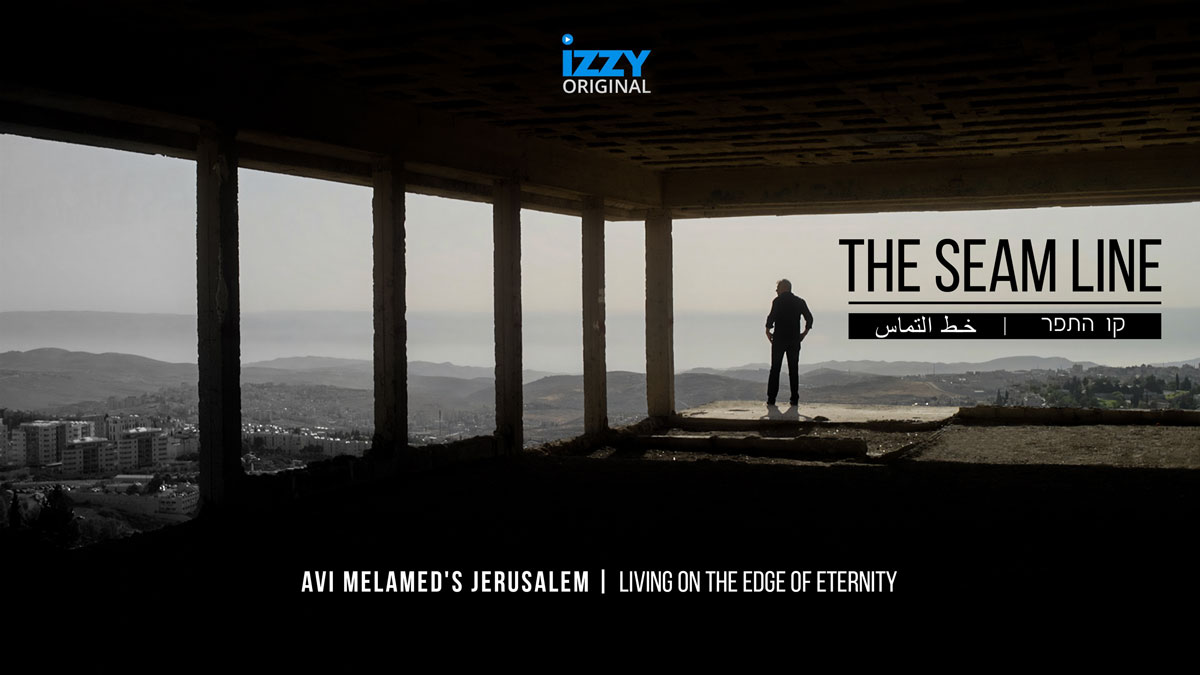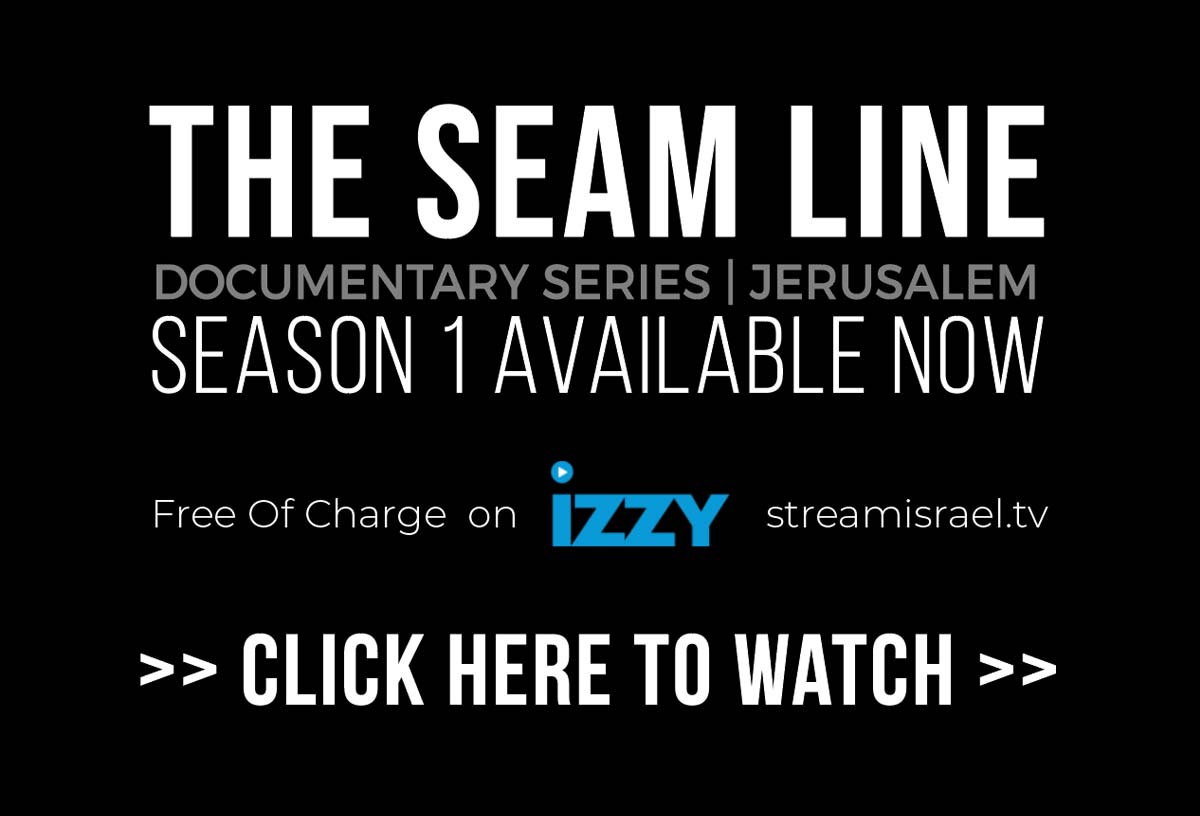|
Getting your Trinity Audio player ready...
|
Iran’s strategic dilemma after Israeli strikes on Hezbollah | Avi Melamed quoted in this article by Yaakov Lappin in The Jewish News Syndicate
Regional analyst Avi Melamed, a former Israeli intelligence officer, said that so far, “Comments from senior Iranian officials hint at a reluctance for direct Iranian retaliation, which could provoke a broader Israeli response, potentially involving Israel’s coalition partners.”
Melamed said Iran is likely to rely on its remaining proxies across the region to continue its strategy of asymmetric warfare against Israel, while avoiding direct military action that could escalate tensions with Israel and its Western allies.
Following the unprecedented blows to its Lebanese proxy, will Tehran prioritize self-preservation and avoid direct military involvement?
Israel’s assassination of Hezbollah leader Hassan Nasrallah and its large-scale attacks on Hezbollah’s command structure and firepower infrastructure in Lebanon have left Iran facing a critical dilemma.
Iran, which spent decades arming, funding and equipping the Hezbollah terror army, now faces the challenge of responding without getting directly involved in the conflict—a move that could have significant repercussions for the Islamic Republic, both regionally and domestically.
Col. (res.) Michael Segal, an expert on Iranian strategic issues who is today chief information officer at Acumen Risk, a Tel Aviv-based intelligence and risk consultancy, told JNS, “At this time, including after the elimination of Nasrallah, Iran does not intend to get itself involved in the combat, and expresses support for the ‘resistance axis.’”
Segal argued that Iran is fearful of direct involvement in the war, due to the consequences such a move might provoke within its own borders. The Islamic Republic has been careful to avoid becoming entangled in direct military confrontations with Israel.
“Iran sees the ‘project of its life’ in Lebanon being destroyed, but this too is not enough to cause it to become involved directly and to risk an Israeli response, especially since it has seen how far Israel is willing to go despite American pressure and the calls for a truce, and after the speech of Prime Minister Netanyahu at the U.N. General Assembly, where he directly threatened Iran,” said Segal.
Ayatollah Ali Khamenei, Iran’s supreme leader, recently issued a public statement reiterating his support for Hezbollah and other Iranian-backed factions in the region. However, according to Segal, Iran’s primary concern is avoiding a scenario that drags it into direct conflict.
Tehran’s apparent leaning towards nonintervention also carries risks for it. “Iran could lose a lot of its prestige in the Islamic world in light of sitting on the side while the leadership of Hezbollah is erased,” Segal explained.
“Iran will likely act to try to rebuild Hezbollah and develop what is left of it,” Segal said, noting that Tehran will continue to uphold the idea of Hezbollah as a key instrument of “resistance” against Israel. Iran’s strategy of fighting through proxies remains intact, he added.
“It is willing to fight until the last Palestinian, Lebanese and Yemenite, without spilling Iranian blood. The Iranian interest is above all not to get dragged into war with Israel and the United States.”
Regarding the next generation of leadership of Hezbollah, it seems as if its selection will be highly influenced by Iran, which will try to find someone “in its image, whether it is [Hezbollah Deputy Secretary-General] Naim Qassem or [the head of its Executive Council] Hashim Safi al-Din, he added.
The idea behind Hezbollah will remain, and spreading it further to Iraq and Yemen as well can be expected of Iran. “In any case, we are still in the eye of the storm, and the situation requires precise intelligence assessments, but it seems that the events of the past week will leave a deep impression on the sectarian fabric of Lebanon and on the regional arena, as well as Iran’s relations with the Sunni countries, especially with Saudi Arabia. It seems as if Israel managed to restore to a significant degree its deterrence,” said Segal.
Regarding the nuclear file, Iran appears to have lost the tool it built—Hezbollah—to defend against an Israeli strike on its atomic facilities, and this could contribute to Tehran’s decision not to directly get involved, in the absence of Hezbollah’s leadership, Segal assessed.
“It is possible that Iran will choose other ways to defend its nuclear program, maybe through a declaration that it is a threshold state, or to head to the other direction and enter into ‘serious negotiations’ with the West to buy time that could lead it to nuclear capabilities,” he added.
‘In the name of the free world’
Professor Uzi Rabi, head of the Program for Regional Cooperation at Tel Aviv University’s Moshe Dayan Center for Middle Eastern and African Studies, said that this is an important turning point in the region.
“The elimination of Nasrallah is a dramatic milestone. The ‘resistance axis’ is in a state of bewilderment. There is an opportunity for a strategic shift in the balance of power in the region,” he said.
“Israel is doing major work here in the name of the free world and is presenting the Americans with an opportunity to enter the picture and sketch out a geo-political map in line with their interests and those of their allies,” Rabi added.
Iran’s interest does not include seeing the Islamic Republic rush to Hezbollah’s aid, and according to Rabi, Tehran will likely engage in diplomatic efforts behind the scenes to secure a ceasefire favorable to Hezbollah and, if possible, to Hamas as well. However, “Israel will not be able to accept such conditions, and may launch a limited ground maneuver [into Lebanon],” he said.
“It is important for Israel to continue military pressure to eventually obtain an arrangement that finally solves the problems created in this region,” said Rabi.
Reluctance for direct retaliation
Regional analyst Avi Melamed, a former Israeli intelligence officer, said that so far, “Comments from senior Iranian officials hint at a reluctance for direct Iranian retaliation, which could provoke a broader Israeli response, potentially involving Israel’s coalition partners.”
Melamed said Iran is likely to rely on its remaining proxies across the region to continue its strategy of asymmetric warfare against Israel, while avoiding direct military action that could escalate tensions with Israel and its Western allies.
One of Israel’s immediate concerns is preventing the resupply of Hezbollah by Iran. The Israel Defense Forces has indicated that it is actively working to cut off the flow of weapons and equipment from Tehran to Hezbollah in Lebanon.
Israeli Air Force commander Maj.-Gen. Tomer Bar, during a briefing at Tel Nof Airbase on Sept. 26, said, “In Lebanon, we are now going to prevent any possibility of transferring weapons from Iran to Hezbollah, vis-à-vis what we have removed from Hezbollah now.”
The IDF has also warned Iran not to send weapons resupply to Hezbollah via Beirut’s civilian airport.
“The security of Hezbollah, its ability to recover from what happened to it in recent days, depends on the open faucet from Iran,” Bar said.
He also stressed that Israel is preparing for a ground maneuver in Southern Lebanon, if necessary, to further dismantle Hezbollah’s capabilities.
Iran’s strategic dilemma after Israeli strikes on Hezbollah | Avi Melamed quoted in this article by Yaakov Lappin in The Jewish News Syndicate
“Jerusalem bridge-builder revisits intifada hot spots for new streaming series” Article by Mike Wagenheim about our latest Docuseries The SEAM LINE with Avi Melamed
Full article here in The Jewish News Syndicate


If you want to have a better understanding of the news and what really drives the unfolding events…
Read the latest book by Avi Melamed,
INSIDE THE MIDDLE EAST | ENTERING A NEW ERA, available now >>>
Follow me on Twitter @AviMelamed; Facebook @InsideTheMiddleEast; for more Videos on YouTube https://www.youtube.com/c/AviMelamed
I can always be reached at Av*@********ed.com
































































